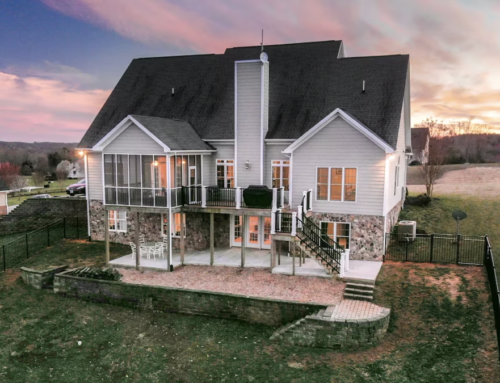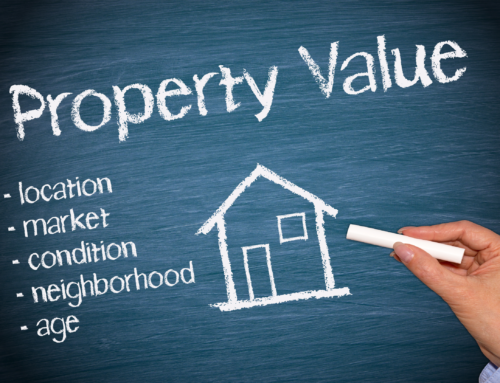How to Set a Realistic Budget for Your Home Purchase
As you embark on the exciting journey of buying a new home, one of the most crucial steps is establishing a realistic budget. Setting a budget helps you determine your purchasing power, understand your financial boundaries, and make informed decisions throughout the home-buying process. As a realtor, I understand the importance of setting a realistic budget that aligns with your financial goals and lifestyle. Here are some essential steps to help you establish a budget for your home purchase.
Assess Your Finances:
Begin by assessing your current financial situation. Take a comprehensive look at your income, expenses, debts, and savings. Understand your monthly cash flow, including any existing loans, credit card payments, and other financial obligations. This evaluation will provide a clear picture of your overall financial health and help you determine how much you can comfortably allocate towards homeownership.
Calculate Your Down Payment:
The down payment is a significant factor in determining your budget. The standard down payment is often around 20% of the home’s purchase price, but it can vary depending on loan programs and your financial circumstances. Calculate how much you can comfortably contribute as a down payment. Keep in mind that a higher down payment can help you secure better loan terms and potentially reduce monthly mortgage payments.
Consider Additional Costs:
In addition to the down payment, there are various other costs associated with buying a home that need to be factored into your budget. These include closing costs, which typically range from 2% to 5% of the purchase price, and may include fees for appraisal, inspections, title insurance, and legal services. Additionally, budget for moving expenses, potential renovations or repairs, and ongoing maintenance costs.
Determine a Monthly Mortgage Payment:
Your monthly mortgage payment will be a significant part of your budget. Use an online mortgage calculator or consult with a mortgage professional to estimate your monthly payments based on different loan options, interest rates, and repayment terms. Consider your desired comfort level for monthly payments and ensure they fit within your budget without causing financial strain.
Account for Property Taxes and Insurance:
Property taxes and insurance are ongoing expenses that need to be considered when setting your budget. Research the average property tax rates in the area you plan to purchase and factor them into your calculations. Additionally, obtain insurance quotes from different providers to estimate the cost of homeowners’ insurance. These expenses can vary based on location, property value, and coverage options.
Be Realistic About Homeownership Costs:
Homeownership comes with additional costs beyond the mortgage payment. Account for utilities, HOA fees (if applicable), and ongoing maintenance expenses such as landscaping, repairs, and regular servicing of appliances. It’s essential to have a realistic understanding of these costs and ensure they fit within your budget.
Get Pre-Approved for a Mortgage:
To validate your budget and determine your purchasing power, consider getting pre-approved for a mortgage. This process involves submitting financial documents to a lender who will assess your creditworthiness and provide a pre-approval letter indicating the loan amount you qualify for. This step not only helps you set a more accurate budget but also strengthens your position as a serious buyer when making offers.
Seek Professional Guidance:
Working with a knowledgeable real estate agent and a reputable mortgage professional is invaluable when setting a realistic budget. They can provide guidance, answer your questions, and help you navigate the complexities of the home-buying process. A real estate agent can also provide insights into the local market conditions and help you find properties that align with your budget and preferences.
Remember, setting a realistic budget is about finding a balance between your financial capabilities and your desired homeownership goals. By taking a thorough and thoughtful approach to assessing your finances, considering all associated costs, and seeking professional guidance, you can establish a budget that allows you to make a confident and informed decision when purchasing your new home.







